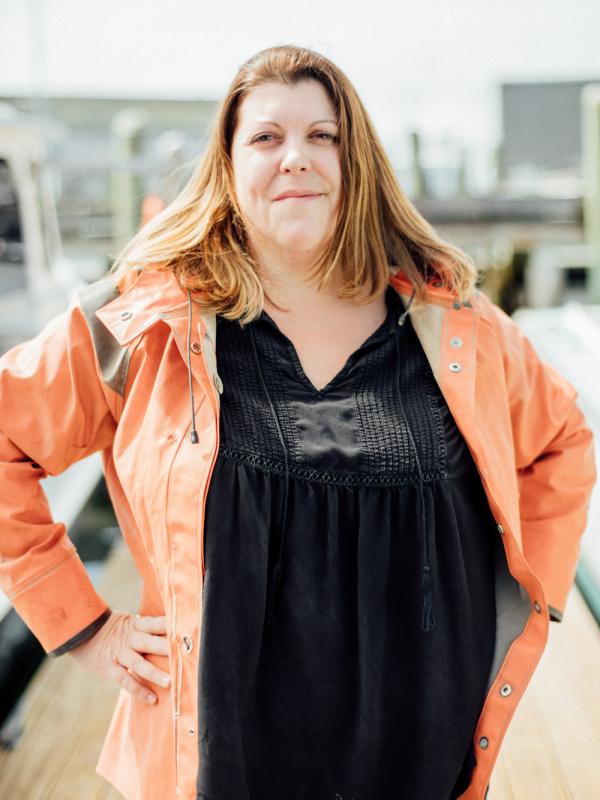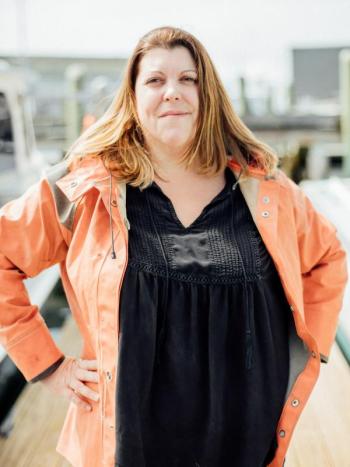Maine Legislature advances bill to study use of electric, hybrid ferries
AUGUSTA – Maine Representative Genevieve McDonald, D-Stonington, proposed a bill to the Legislative Council that would, if passed by the full state Legislature, initiate a feasibility study of purchasing electric or hybrid ferries for the state when existing vessels are ready for replacement.
On Oct. 25, the bill’s language was heading for refinement, and attachment of a bill number.
McDonald, who represents Vinalhaven, Cranberry Isles, Deer Isle, Frenchboro, Isle au Haut, North Haven, Southwest Harbor, Stonington, Swan’s Island, Tremont and Marshall Island Township, is a freshman legislature, just getting to know the Capitol.
A mother of two 18-month-olds, she is in the fishing industry and sets her own lobster traps from her boat, Hello Darlings II, which is moored in Stonington.
McDonald grew up in Maine and said she is proposing the bill for two reasons:
1) the unpredictable nature of rising fuel costs, which affect the rider ticket prices — “to slow down the constant increase in fare,” she said; and,
2) to reduce Maine’s reliance on fossil fuels.
“I don’t have a depth of research behind me,” she said. “And I almost held back, but nobody else is bringing [the issue] forward.”
She acknowledged Washington State as, “doing amazing things right in leading the charge,” for public ferry innovations.
“If they can do it with giant ferries, we can with smaller and medium-sized ferries,” she said.
In a news release, she said: “Many of my constituents depend on safe, reliable and affordable ferry service. Given how unstable fuel prices can be, eliminating or minimizing our dependence on diesel could have a significant impact on the cost to operate our ferries. If this proves to be a viable option, we can keep fares lower, keep the ocean cleaner, and burn fewer fossil fuels.”
Before the second session of each Legislature, the Legislative Council, a group of legislative leaders that presides over the Legislature, reviews all bills submitted by members and votes on whether or not to allow them to be considered. As the second session of the Legislature is shorter than the first, only bills deemed to be urgent in nature are approved. More than 400 bills had been submitted by legislators, and around 135 were approved. There is an appeal process in the coming weeks that may allow more bills into the second session.
The 129th Legislature reconvenes for its second session in January 2020.
Event Date
Address
United States





























